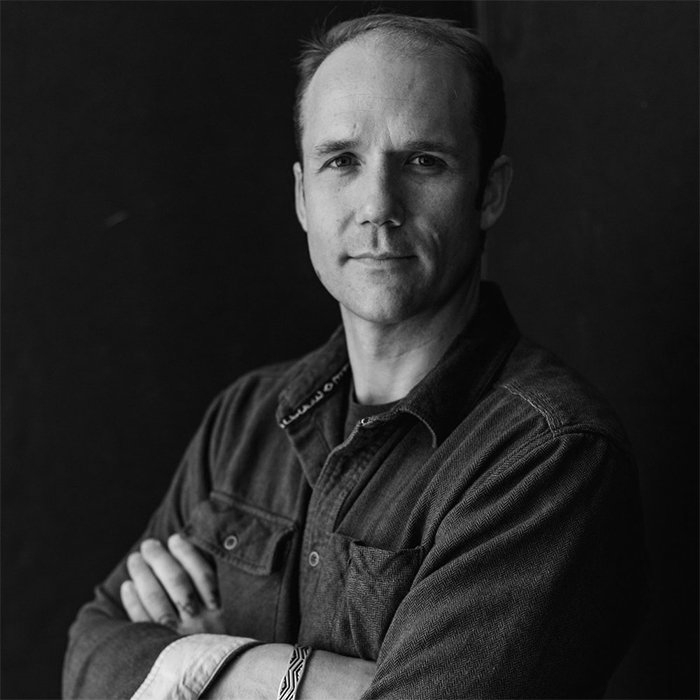S6 E4: Magnus Johnson on Mission 22
Released November 10, 2023
In this episode of Beyond Theory, host Dominic Lawson interviews Magnus Johnson, a former Green Beret and founder of the nonprofit organization Mission 22. Johnson shares his personal journey from combat trauma to mental health advocacy, highlighting the often-overlooked challenges veterans face when returning from war.
Johnson’s story begins with his decision to enlist in the military following the tragic events of 9/11. Over the course of multiple tours in Iraq and Afghanistan, he experienced a gradual erosion of his identity and empathy, a common occurrence among combat veterans exposed to cumulative trauma. Recognizing the need to address his own mental health, Johnson sought ways to heal and help others upon leaving the military.
The catalyst for Johnson’s mission came in the form of a respected fellow soldier’s suicide and alarming statistics surrounding veteran suicide rates. Determined to make a difference, Johnson founded Mission 22, an organization dedicated to supporting veterans and their families through holistic recovery programs that address the complex nature of trauma.
Through Mission 22, Johnson emphasizes the importance of understanding the ripple effects of trauma on veterans and their loved ones. By providing resources and support to spouses and children, the organization aims to foster post-traumatic growth and break the cycle of suffering.
Johnson advocates for a proactive approach to veteran mental health, championing the role of mental health coaching as an early intervention strategy. By empowering veterans to build resilience and connect with their communities, he believes we can mitigate the escalation of mental health challenges and create a continuum of care that supports long-term wellness.
Key Takeaways:
- Cumulative trauma in combat veterans can lead to a gradual erosion of identity and empathy, highlighting the need for proactive mental health support.
- Veteran suicide prevention requires a holistic approach that addresses the complex roots of trauma, including childhood experiences and military stress.
- Supporting veteran mental wellness involves extending resources and care to military families, as trauma’s ripple effects impact spouses and children.
- Mental health coaching can serve as a powerful early intervention tool, empowering veterans to build resilience and prevent the escalation of mental health challenges.
- Creating a continuum of care for veterans that includes community connection and support is essential for long-term mental wellness and post-traumatic growth.
- Organizations like Mission 22 play a crucial role in providing holistic recovery programs and resources to support veteran mental health and prevent suicide.
- Raising awareness about the invisible wounds of war and the challenges veterans face upon returning home is essential for building a supportive and understanding society.
- Collaboration between mental health professionals, veteran support organizations, and communities is necessary to create comprehensive solutions for veteran mental wellness.
- Sharing personal stories of resilience and healing, like Magnus Johnson’s journey, can inspire hope and encourage other veterans to seek support.
- Prioritizing veteran mental health is a critical issue that requires ongoing attention, research, and resources to ensure that no service member is left behind.
This episode serves as a powerful reminder of the sacrifices our veterans make and the importance of addressing the invisible wounds of war. Through the tireless efforts of individuals like Magnus Johnson and organizations like Mission 22, we can work towards a future where no veteran feels alone in their struggle and every service member has the opportunity to thrive beyond the battlefield.






